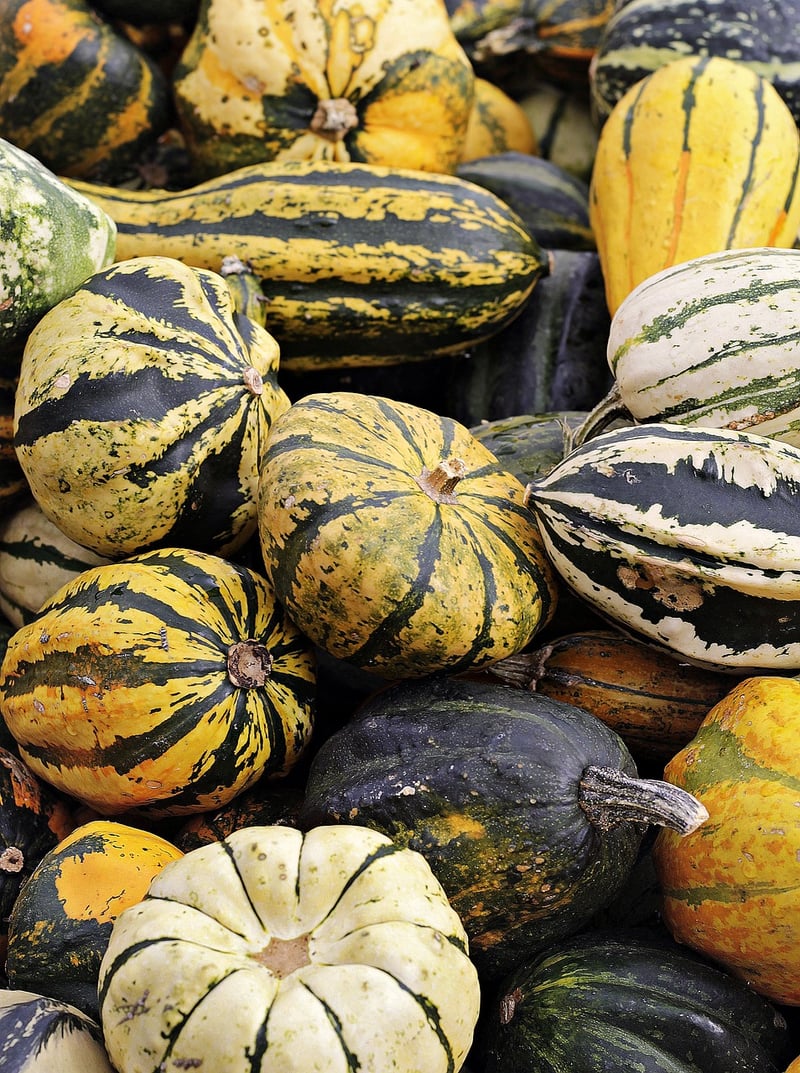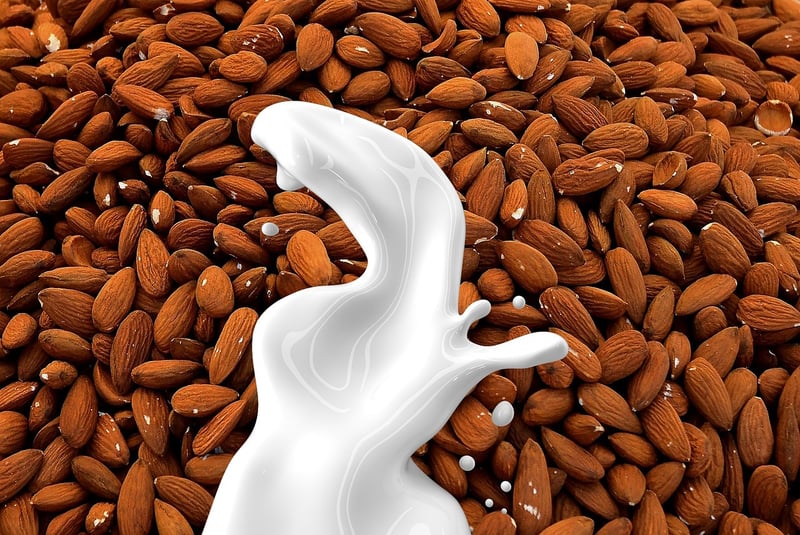Plant-Based Alternatives
Essential Components for Your Dishes + Plant-Based Alternatives
The Foundation of Flavor
When it comes to creating delicious dishes, certain essential components play a crucial role in enhancing taste and texture. Whether you're a seasoned chef or just starting in the kitchen, understanding these building blocks can elevate your culinary creations.
1. Herbs and Spices
Herbs and spices are the cornerstone of flavor in any dish. From the warmth of cinnamon to the freshness of basil, these ingredients add depth and complexity to your cooking. Experiment with different combinations to find your signature flavor profile.
2. Oils and Vinegars
Oils and vinegars are essential for cooking and dressing. Olive oil, for instance, can be used for sautéing, roasting, or making vinaigrettes. Meanwhile, balsamic vinegar adds a tangy kick to salads and marinades.
3. Aromatics
Aromatics like onions, garlic, and ginger form the base of many dishes. They provide depth of flavor and aroma that can transform a simple meal into a culinary delight.
Plant-Based Alternatives
For those looking to incorporate more plant-based options into their diet, there are plenty of alternatives to traditional animal products. These substitutes not only offer a healthier choice but also reduce the environmental impact of your meals.
1. Plant-Based Protein
Swap out meat for plant-based proteins like tofu, tempeh, or legumes. These alternatives are rich in nutrients and can be seasoned and cooked in various ways to mimic the taste and texture of meat.
2. Nutritional Yeast
Nutritional yeast is a popular cheese substitute for its umami flavor and creamy texture. Sprinkle it on pasta, popcorn, or salads for a dairy-free cheesy kick.
3. Coconut Milk
Coconut milk is a versatile dairy alternative that can be used in both sweet and savory dishes. It adds richness and creaminess to curries, soups, and desserts.
Creative Cooking
Exploring new ingredients and experimenting with plant-based alternatives can open up a world of culinary possibilities. Whether you're a committed vegan or just looking to reduce your meat intake, incorporating these components into your dishes can lead to healthier and more sustainable eating habits.
Remember, the key to great cooking is creativity and a willingness to try new things. So don't be afraid to step out of your comfort zone and discover the endless flavors that await!


For more plant-based recipes and tips, check out Forks Over Knives.
